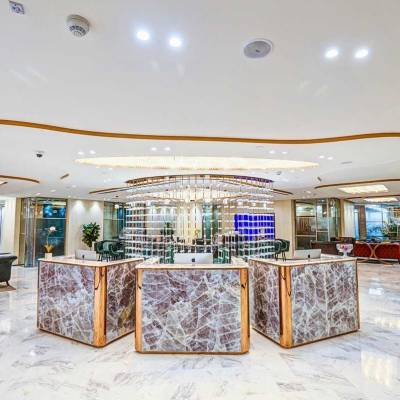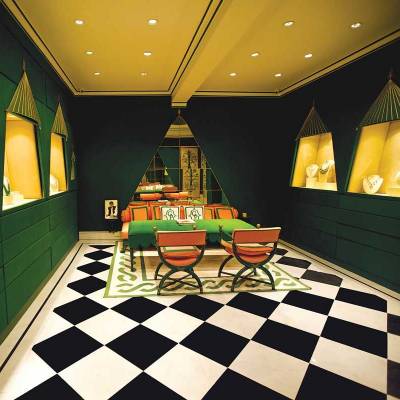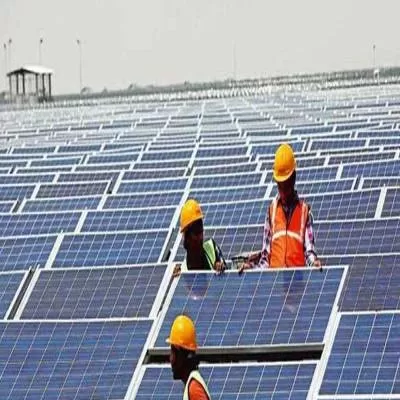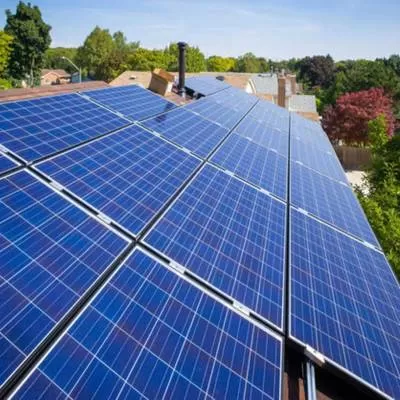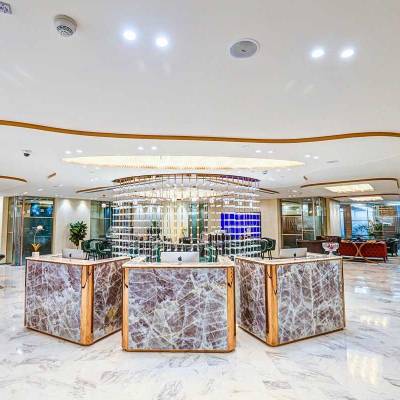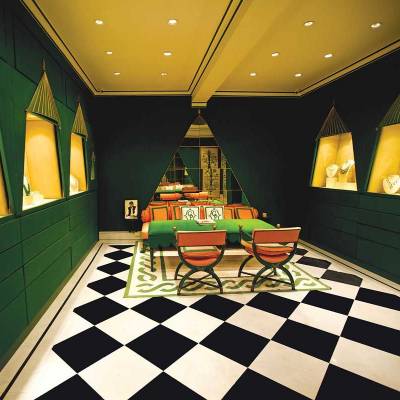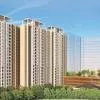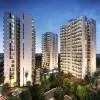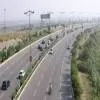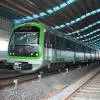- Home
- Infrastructure Energy
- POWER & RENEWABLE ENERGY
- Live smart

Live smart
Today, everything from a phone to a computer is called ´smart´, but in the real estate context, the definition of a smart building does not only allude to automation. A building is smart if it makes the life of its users more efficient, better and safer. We are now part of a closely connected world and if our living or work space helps us to be connected to the outside world to make our work easier and more productive, then these spaces are intelligent. Not surprisingly, global real estate is leaning towards networked buildings that provide high performance and reduce negative environmental impact of building construction and management.
What is smart?
´Smart´ is too intangible to measure; the only parameter is if the building user´s life is getting better, safer, faster, productive, more organised and proficient. A smart building or home enables the occupant to multitask and save money and resources; renders efficiency in operations; and, in general, makes living smarter. Likewise, our offerings can be measured as smart through their efficient use of building utilities, reduction in manpower and running costs, and higher staff productivity. They provide optimum space utilisation and technology-based services.
In India, smart and intelligent is a new package these days. Once a word catches up, it becomes the buzzword in the industry, though many may not be clear of its definition. As a matter of fact, green is the subset of smart. World over, with the rapid increase in renewable energy use and the convergence of IT and building technologies, buildings are on the path towards becoming net-zero energy buildings.
The global way
A building with an automation system that monitors performance, detects inefficiencies and measures greenhouse gas emission uses fewer resources, generates less waste and minimises the overall carbon footprint of the building. Therefore, smart building can be considered an extension of being green. We are still at a nascent stage in terms of building smart but the gap is narrowing and we are reaching towards global standards.
Smart building strategies can reduce ecological impact, ensure occupant satisfaction, drive better business outcomes and maximise asset values. An example of such a smart development is Songdo in Seoul, South Korea. With smart connectivity available in all buildings, a person from his home can video-chat with a government officer, talk to the school principal or manage a conference from the comfort of his own space. One can also locate the nearby public transportation facility, order a taxi and check its location on the way. This is how a smart building makes the life of an occupant smarter and more efficient.
Life positive
In a similar way, we at Omkar are trying to make the lives of the occupants of our complexes and gated communities smarter by providing connectivity between various stakeholders, enhancing communication as well as providing centralised equipment control, intelligent access and parking, energy-efficiency and sustainability. In fact, smart buildings are the basic building blocks of a smart city as envisioned by the government. Intelligent buildings connected with smart mobility, monitoring, infrastructure planning and management, resulting in minimum environmental effect, comprise a truly smart development. We believe that increased market demand coupled with mounting government regulations will provide further incentive to build high-performance buildings that leverage technology and deliver triple bottom-line value throughout the building lifecycle.
"Smart building strategies can reduce ecological impact, ensure occupant satisfaction, drive better business outcomes and maximise asset values. "
A building is smart if it makes the lives of its occupants more efficient, better and safer, says RAMAN SAPRU, President-EPC Operations, Omkar Realtors & Developers. Today, everything from a phone to a computer is called ´smart´, but in the real estate context, the definition of a smart building does not only allude to automation. A building is smart if it makes the life of its users more efficient, better and safer. We are now part of a closely connected world and if our living or work space helps us to be connected to the outside world to make our work easier and more productive, then these spaces are intelligent. Not surprisingly, global real estate is leaning towards networked buildings that provide high performance and reduce negative environmental impact of building construction and management. What is smart? ´Smart´ is too intangible to measure; the only parameter is if the building user´s life is getting better, safer, faster, productive, more organised and proficient. A smart building or home enables the occupant to multitask and save money and resources; renders efficiency in operations; and, in general, makes living smarter. Likewise, our offerings can be measured as smart through their efficient use of building utilities, reduction in manpower and running costs, and higher staff productivity. They provide optimum space utilisation and technology-based services. In India, smart and intelligent is a new package these days. Once a word catches up, it becomes the buzzword in the industry, though many may not be clear of its definition. As a matter of fact, green is the subset of smart. World over, with the rapid increase in renewable energy use and the convergence of IT and building technologies, buildings are on the path towards becoming net-zero energy buildings. The global way A building with an automation system that monitors performance, detects inefficiencies and measures greenhouse gas emission uses fewer resources, generates less waste and minimises the overall carbon footprint of the building. Therefore, smart building can be considered an extension of being green. We are still at a nascent stage in terms of building smart but the gap is narrowing and we are reaching towards global standards. Smart building strategies can reduce ecological impact, ensure occupant satisfaction, drive better business outcomes and maximise asset values. An example of such a smart development is Songdo in Seoul, South Korea. With smart connectivity available in all buildings, a person from his home can video-chat with a government officer, talk to the school principal or manage a conference from the comfort of his own space. One can also locate the nearby public transportation facility, order a taxi and check its location on the way. This is how a smart building makes the life of an occupant smarter and more efficient. Life positive In a similar way, we at Omkar are trying to make the lives of the occupants of our complexes and gated communities smarter by providing connectivity between various stakeholders, enhancing communication as well as providing centralised equipment control, intelligent access and parking, energy-efficiency and sustainability. In fact, smart buildings are the basic building blocks of a smart city as envisioned by the government. Intelligent buildings connected with smart mobility, monitoring, infrastructure planning and management, resulting in minimum environmental effect, comprise a truly smart development. We believe that increased market demand coupled with mounting government regulations will provide further incentive to build high-performance buildings that leverage technology and deliver triple bottom-line value throughout the building lifecycle. "Smart building strategies can reduce ecological impact, ensure occupant satisfaction, drive better business outcomes and maximise asset values. "



